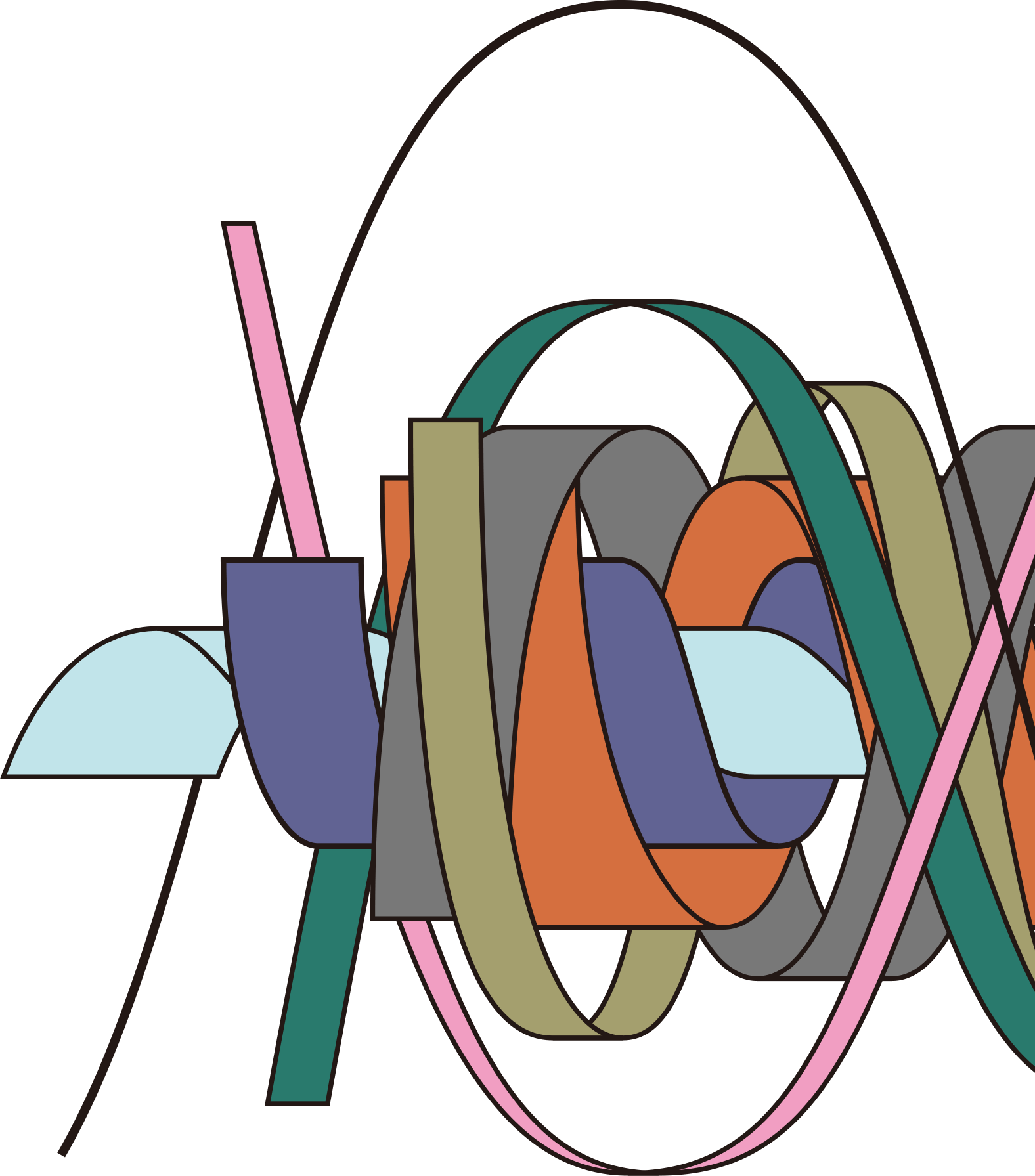Introduction
The Architectural Institute of Japan (AIJ), in collaboration with the Architectural Institute of Korea (AIK) and the Architectural Society of China (ASC), is currently making preparations for the 14th International Symposium on Architectural Interchanges in Asia (ISAIA).
The symposium is scheduled to be held in Kyoto from September 10 to 13, 2024, under the theme “Architect-ing What?: Rethinking the Foundations of Human Existence.”
With a history spanning 1200 years, the ancient city of Kyoto has experienced and regenerated through various crises such as pandemics, natural disasters, wars, shifts in political systems and industrial structures, from its founding to the present day. On each occasion, the fundamental basis of human existence and the conditions of the built environment have been practically questioned.
In the 21st century, we are once again approaching a critical stage where we must fundamentally reconsider architecture.
Amidst circumstances like economic globalization, frequent disasters, global warming and environmental crisis, as well as pandemics and wars, architecture cannot be merely about constructing buildings. What exactly should we be architecting?
So now, to everyone in Asia and around the world, let’s gather in Kyoto, a city of crisis and rebirth, and exchange our diverse insights and perspectives as we reexamine the foundations of architecture!
Organizer
Architectural Institute of Japan (Host)
Architectural Institute of Korea
Architectural Society of China
ISAIA in Chronology
The International Symposium on Architectural Interchanges in Asia (ISAIA), a biennial international symposium co-sponsored by AIJ, AIK, and ASC, welcomes professors, architects, building engineers, researchers, and students to participate in the conference. It was established in 1986 to promote communication among individuals in the rest of Asia and to collaborate on the development of 21st-century Asian architecture and culture.
-
1st ISAIA
Sep. 6-12, 1986
Fukuoka, Kyoto and Tokyo, Japan
-
2nd ISAIA“Ashian Architecturer in th 21st Century"
Sep.8-10, 1998
Kobe, Japan
-
3rd ISAIA“Challenges and Roles of Asian Architecture for the New Millennium”
Feb.23-25, 2000
Jeju, Korea
-
4st ISAIA“Resource Architecture and Modern Technology”
Sep. 17-19, 2002
Chongqing, China
-
5st ISAIA“Global Environment and Diversity of Asian Architecture”
Jun. 1-4, 2004
Matsue, Japan
-
6st ISAIA “A+T : Neo-Value in Asian Architecture”
Oct.25-28, 2006
Daegu, Korea
-
7st ISAIA“Urban Renewal and Architecture Creation”
Oct. 15-17, 2008
Beijing, China
-
8st ISAIA“Asian ViewOrder and Wisdom for the Future”
Nov. 9-12, 2010
Kitakyushu, Japan
-
9st ISAIA“Technological Advancements in Architecture”
Oct. 22-25, 2012
Gwangju, Korea
-
10st ISAIA“Cultural Elements in Architectural Advancement”
Oct. 14-17, 2014
Hangzhou, China
-
11st ISAIA“Resilience and Diversity: Rethinking Asian Architecture for the Next Generation”
Sep. 20-23, 2016
Sendai, Japan
-
12st ISAIA“Confluence of Architecture in the Age of Super Connectivity”
Oct. 23-26, 2018
Pyeongchang, Korea
-
13st ISAIA“Sharing Healthy Cities for More People”
Nov. 30-Dec. 2, 2022
On-line, China
Themes
(14th) The International Symposium on Architectural Interchanges in Asia
“Architect-ing
What?”
Rethinking the Foundations of Human
Existence
Date
-
September 10th (Tue.) to 13th (Fri.), 2024September 10th (Tue.) to 13th (Fri.), 2024
Venue
Kyoto Institute of Technology Matsugasaki Campus (Main Venue)
Language
English
Registration fees
General 40,000yen , Students 20,000yen
Registration fee includes 14th ISAIA proceedings, welcome party, lunch on 11 and 12 September, and farewell party.
Organization
Steering Committee in Japan
Chair
MAKI Norio(Disaster Prevention Research Institute, Kyoto University)
Vice Chair
AOI Akihito(Meiji University)
OTA Shoichi(Kyoto Institute of Technology)
Members
AYUKAWA Kei(Kyoto University)
IKEGAYA Naoki(Kyushu University)
ICHIKAWA Koji(Tohoku University)
IMOTO Saori(Japan Women’s University)
IWASE Ryoko(Kyoto University)
IWAMOTO Masaaki(Kyushu University)
UOYA Shigenori(Kyoto Institute of Technology)
OTSUYAMA Kensuke(Research Center for Advanced Science and Technology, The University of Tokyo)
OKAZAKI Rumi(Shibaura Institute of Technology)
OKAMURA Kentaro(Kindai University)
OGIHARA Hirotaka(Kobe Design University)
ONO Haruka(Toyohashi University of Technology)
EOM Sunyong(The University of Tsukuba)
KAWASHIMA Norihisa(Meiji University)
KUBOTA Tetsu(Hiroshima University)
SATO Keiichi(Senshu University)
SHIMIZU Shigeatsu(Kyoto Institute of Technology)
SHIMIZU Nobuhiro(Hokkai-Gakuen University)
SHIRAISHI Rei(Yamaguchi University)
TAKAGUCHI Hiroto(Waseda University)
TAJIRI Seitaro(The University of Tokyo)
TANAKA Tomoaki(Meiji University)
DANIELL Thomas(Kyoto University)
TANIGAWA Ryuichi(Kanazawa University)
TSUKUDA Haruka(Tohoku University)
NAKAJIMA Shin(Tokyo City University)
BAO Mu Ping(Yamato University)
HAYASHI Kengo(Institute of Industrial Science, the University of Tokyo)
FUKUSHIMA Yoshihiro(Institute of Industrial Science, the University of Tokyo)
FUJITA Kaori (The University of Tokyo)
MAEDA Masahiro(Kyoto University)
MATSUBARA Kosuke(The University of Tsukuba)
MATSUMOTO Naoyuki(Tohoku University)
MIYAJI Mari(Kansai University)
MORITA Kazuya(Kyoto Prefectural University)
YAMADA Kyota(The University of Tsukuba)
YAMAMOTO Asako(Osaka Institute of Technology)
YOSHINO Hiroshi(Tohoku University)
LIU Yichen(The University of Miyazaki)

